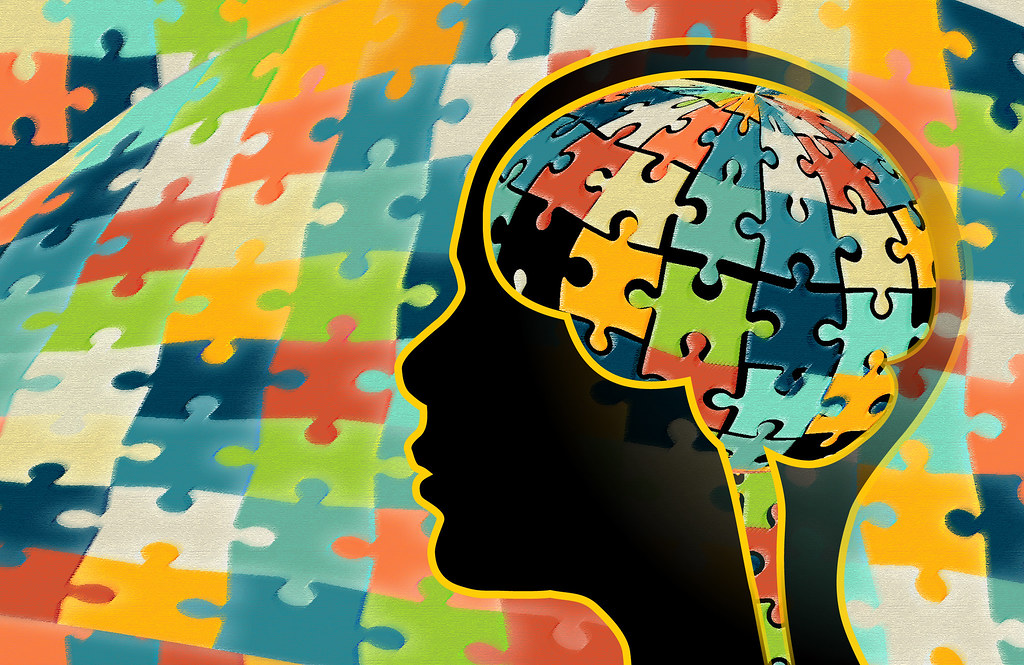Homeopathy and Autism
Homeopathy is a form of alternative medicine based on the principle of “like cures like.” Practitioners use highly diluted substances with the belief that they can trigger the body’s natural healing processes.
Homeopathic Perspective on Autism:
1. Individualized Treatment: Homeopaths focus on the individual’s unique symptoms and behaviors. There isn’t a one-size-fits-all remedy for autism in homeopathy.
2. Remedies: Some common homeopathic remedies that might be considered for au…
[16:37, 30/6/2024] Dr. Priya Mohod: Certainly! Here are key points from a homeopathic perspective on kidney stones:
1. Holistic Approach: Homeopathy views kidney stones not just as a physical ailment but as a condition influenced by a person’s overall health, emotions, and lifestyle.
2. Individualized Treatment: Treatment is tailored to each person’s unique symptoms and constitution. The same condition might be treated with different remedies in different individuals.
3. Common Remedies:
– Berberis Vulgaris: For radiating pain from the kidney area.
– Lycopodium: For right-sided stones and frequent, painful urination.
– Cantharis: For intense burning pain during urination.
– Sarsaparilla: For pain at the end of urination and presence of gravel in the urine.
– Hydrangea: Known as the “stone breaker” for reducing the size of stones.
4. Symptom Specificity: Remedies are chosen based on detailed symptom descriptions, including pain location, pain nature, and urinary changes.
5. Non-Invasive Treatment: Homeopathic remedies are gentle and non-invasive, aiming to stimulate the body’s natural healing processes.
6. Preventive Aspect: Homeopathy often includes advice on diet, hydration, and lifestyle changes to prevent recurrence of kidney stones.
7. Addressing Root Causes: Treatment may focus on underlying causes such as metabolic disorders, chronic dehydration, or dietary habits that predispose a person to kidney stones.

